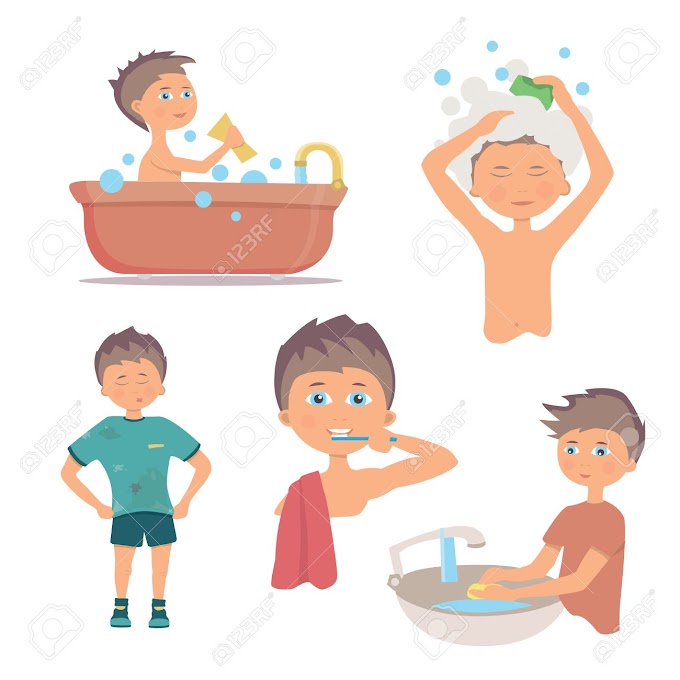Air and transmission of COVID‑19
Research has shown that newly infected patients have no clinical symptoms and can easily be the source of the spread and transmission of SARS-CoV-2. This transmission can be through sneezing, coughing, talk-ing to other people at close range, and through the foul airflow (Li et al. 2020; Zhi 2020). Based on the avail-able evidence, it is not thought that air diffusion is one of the main transmission routes (Dehghani and Kas-siri 2020). Non-invasive ventilation, high flow oxygen therapy, intubation/extubation, nebulization, open suc-tioning of airway secretions, bronchoscopy, induction of sputum, bag and mask ventilation, cardiopulmonary resuscitation, etc. are the principal causes of SARS-CoV-2 aerosol release in airflow (CDC 2020d). For example, the role of environmental pollution in several ospitals has been evaluated following the outbreak of MERS-CoV in 2015 in Korea, as well as experimen-tal studies on the survival and stability of MERS-CoV on surfaces and air (Bin et al. 2016). There is also the possibility of air stability for SARS-CoV-2. Therefore, the use of viral filters and closed suctioning, airflow changes, and negative pressure air pollution in closed environments, with the probability of infection, is rec-ommended (Malhotra et al. 2020). Thus, people in contaminated environments should use a mask and, if there is no mask, should use face masks (Bowdle and Munoz-Price 2020). Facial hair can provide a way for SARS-CoV-2, to penetrate (Malhotra et al. 2020). Using non-standard masks can also exacerbate the incidence of SARS-CoV-2 (Jones and Xia 2018). Besides, wearing a mask in some health workers has shown symptoms of claustrophobia, respiratory distress, discomfort, and skin irritation (Barratt et al. 2019). The most available type is the N95 mask, which according to studies can be sterilized and reused by hydrogen peroxide, gamma rays from CO60, UV rays, dry and wet heat, and ethyl-ene oxide. In the meantime, the use of radiation is pref-erable to other methods (Card et al. 2020; Cramer et al. 2020; Kenney et al. 2020). Gamma CO60 with a dose of 10 KG can sterilize the N95 mask used in SARS-COV environments, and kill the virus (Feldmann et al. 2019). However, high doses of radiation may damage the fibers of the mask and allow air to pass through without puri-fication, but it does not have secondary radiation and its side effects (Harrell et al. 2018). Hydrogen perox-ide is also a useful antiviral and has no adverse effects on the respiratory tract (Viscusi et al. 2009). Enhanced Traffic Control Bundling (eTCB) was very effective at the time of the SARS-COV outbreak. Due to the simi-larity of this disease with COVID-19, the application of this strategy can prevent the transmission of the disease through the air. (Yen et al. 2020). In this way, patients with clinical symptoms quarantined, other people use disinfectant and PPE during patients’ visits to the hos-pital. This process has been approved in the control of other epidemic diseases such as Ebola and SARS-CoV and is currently being implemented in COVID-19 pan-demics (Ong et al. 2020, Schwartz et al. 2020b; Yen et al. 2015). The possibility of transmitting bioaerosols with the ability to move up to 6 feet through the air has also been reported in the internal environment of oph-thalmologists (CDC 2020c). As a result, HEPA filters have been used for ventilation. Still, air-born emissions for SARS-CoV-2 have not yet been reported. According to available evidence, it is not confirmed that air can be one of the principal causes of transmission. There-fore, it can be predicted that if any suspended matter is created in the air of medical centers, the transfer will be easy





0 Comments